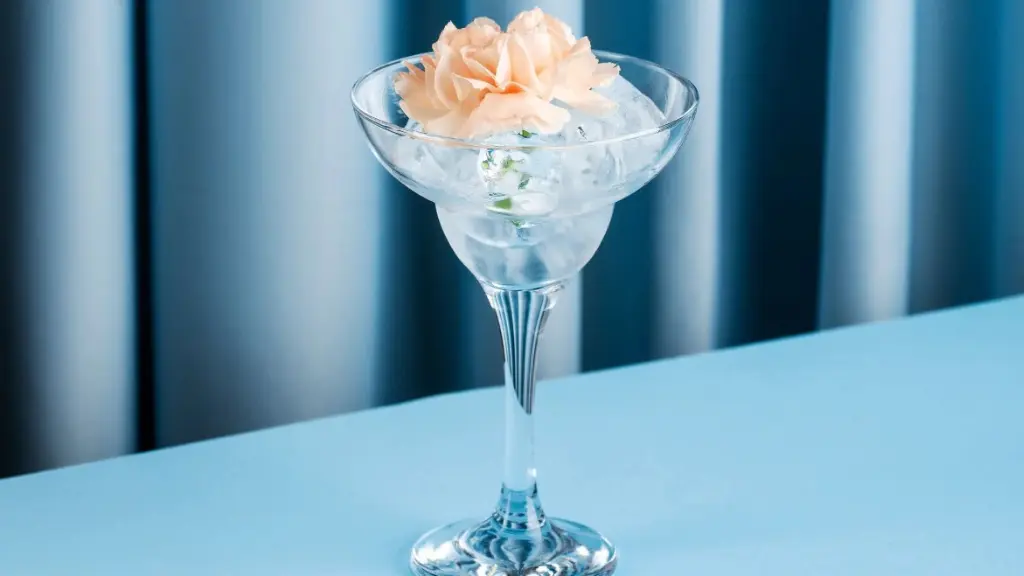When you think of a sommelier, you likely imagine someone who specializes in wine. However, there’s a new expert on the dining scene—the water sommelier. As interest in luxury dining and fine beverages grows, so does the niche role of the water sommelier.
These professionals are elevating the experience of dining by focusing on one of the most essential elements of a meal: water. Their work goes beyond simply bringing a bottle of water to the table. They help diners discover the best water for each dish, ensuring a balanced and refined dining experience.
You May Also Like: The Overwhelming Impact of Social Media
What Exactly is a Water Sommelier?
A water sommelier is an expert who specializes in the selection, tasting, and pairing of water with food. They have extensive knowledge about various types of water, including their mineral content, origin, taste profiles, and how they complement specific foods.
The concept of a water sommelier is gaining popularity, particularly in upscale restaurants and luxury hotels, where dining experiences go beyond just food and wine. They focus on educating guests about the nuances of water, guiding them toward the best choices to enhance their meal.
The Role of a Water Sommelier in Fine Dining
A water sommelier’s job is multi-faceted. Let’s dive into the key responsibilities they hold in a luxury dining environment:
1. Curating a Water Menu
Just as a wine list is crafted with care, a water sommelier curates a water menu. This includes selecting a variety of waters with different mineral compositions, flavors, and carbonation levels. They ensure there’s a suitable water for every palate and dish.
2. Water Pairing with Food
Similar to wine pairing, a water sommelier understands how different waters complement various foods. For example, a mineral-rich water might pair well with a rich, fatty dish, while a lighter, more neutral water can balance a delicate seafood plate.
3. Educating Diners
Water sommeliers not only select the right water for each course but also educate guests on the water’s origin, characteristics, and how it enhances the dining experience. This adds an element of sophistication and luxury to the meal.
4. Enhancing the Dining Experience
By offering the perfect water pairing, a water sommelier can elevate the overall experience of a meal. Their knowledge enhances the flavor profiles of both food and drink, making every bite and sip an exceptional experience.
How Do Water Sommeliers Choose Water?
Choosing the right water for a meal involves more than simply picking a bottle. Water sommeliers consider several factors:
1. Mineral Content
The mineral content of water can drastically affect its taste. Waters with high mineral content tend to have a stronger flavor, while low-mineral waters are lighter and more refreshing. The sommelier chooses water that complements the richness or delicacy of the food being served.
2. Carbonation Level
Sparkling water offers a completely different experience than still water. Some foods may pair better with bubbly water to cleanse the palate, while others are best enjoyed with smooth, still water that doesn’t overpower the flavor.
3. Origin and Water Source
The source of the water is also a crucial consideration. Waters sourced from natural springs in specific regions are often prized for their unique mineral profiles and taste. A water sommelier may opt for waters from regions like the Swiss Alps, Iceland, or the Himalayas.
4. Temperature and Presentation
Just as wine is served at a specific temperature to enhance its flavor, water must also be served at the right temperature. Water sommeliers ensure that water is chilled or served at room temperature according to the type of water and the food it’s paired with.
Training to Become a Water Sommelier
Becoming a water sommelier requires specialized training and education. While there is no formal certification, various organizations offer courses to develop expertise in water tasting, pairing, and selection. The course typically includes:
- Water tasting techniques: Learning to identify the flavor profiles of different waters.
- Food pairing principles: Understanding how to match water with various cuisines.
- Mineral composition knowledge: Studying the science of water and how minerals affect taste.
- Sustainability: Considering eco-friendly and sustainable water sourcing and packaging.
These courses are offered by organizations like the International Sommelier Guild and the Fine Water Academy. Some sommeliers even attend workshops and tastings hosted by water companies to gain hands-on experience with different types of water.
Why Is Water Pairing Gaining Popularity?
Water pairing is part of a growing trend toward sophisticated dining experiences. As consumers become more discerning about their food and beverages, they want the full sensory experience. Water is no longer viewed as just a beverage to wash down food. It is now seen as a crucial element that can enhance or detract from a meal.
Restaurants are increasingly adding water menus, often with rare or exotic waters that offer unique flavor profiles. These restaurants understand that providing the right water can elevate a meal to new heights.
Moreover, water pairing taps into the increasing focus on health and wellness. Many people now recognize that water can affect hydration, digestion, and even the overall enjoyment of a meal.
Famous Waters Chosen by Sommeliers
Water sommeliers have access to an array of luxury waters. Some of the most well-known and sought-after waters include:
- Acqua Panna: Originating from Tuscany, this still water is prized for its smooth and balanced taste.
- Fiji Water: Known for its soft taste and high silica content, this water comes from the volcanic aquifers of Fiji.
- Evian: Sourced from the French Alps, this water is light and neutral, making it a versatile choice for a variety of dishes.
- Voss: A Norwegian water known for its purity and sleek bottle design, often featured in upscale dining settings.
Is a Water Sommelier Worth It?
While the idea of a water sommelier may seem over-the-top to some, it’s worth considering for those who want to elevate their dining experiences. Just like wine, water has complex qualities that can enhance the flavors of food. A skilled water sommelier can transform an ordinary meal into something extraordinary.
Conclusion: The Future of Water in Fine Dining
Water sommeliers are reshaping the way we think about water and dining. Their expertise in selecting the perfect water to complement food is adding a new layer to the culinary world. As dining becomes more about the experience, rather than just the food, the role of the water sommelier is expected to continue to grow.
For those seeking a refined, memorable dining experience, engaging with a water sommelier could be the key to unlocking a whole new level of enjoyment.










